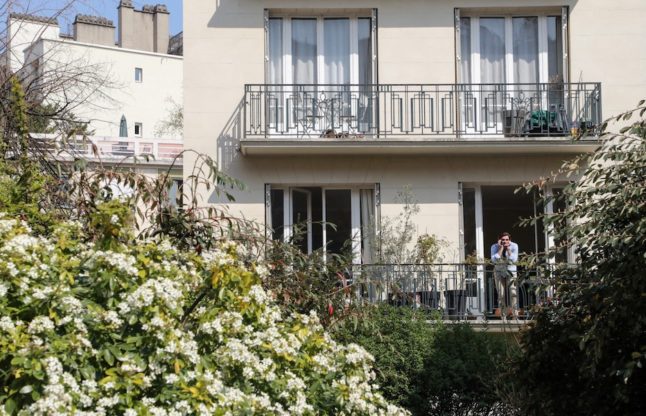Question: I’m a Brit who has been in France for more than 30 years and I’m married to a Frenchman, do I still need to get a residency card now that Brexit has happened?
Now that British nationals are no longer EU citizens and don’t benefit from European freedom of movement, living in France requires more paperwork than it used to.
People who were already living here before December 31st 2020 need to apply for a carte de séjour residency card. And that’s all UK nationals living here – contrary to popular belief there is no exemption for people married to a French person and it doesn’t matter how long you have been here or whether you already had a residency card.
There is only one exception – people who also have a European passport. So if at some stage you have taken French citizenship or if you have the passport of another EU country such as Ireland there is no need to apply for residency. Everyone else must do so.
In good news, France has put together an online portal for applications from Brits and considerably streamlined the usual residency process.
You can ready the full details of how to apply HERE.
People who applied on the no-deal portal that was briefly live in autumn 2019 will be transferred automatically to the new system but everyone else must make a new application, even people who already had already received a carte de séjour from their local préfecture before 2020.
If you already have a carte de séjour permenant then the process is fairly simple and you just swap your old card for a new one.
If you had either a 5-year card or no card at all then you apply for a new one.
In both cases you use the online portal HERE, applications cannot be done directly at your local préfecture.
The deadline to have made the application is June 30th 2021 and from October 1st 2021 it will be compulsory for UK nationals living in France to have a carte de séjour.



 Please whitelist us to continue reading.
Please whitelist us to continue reading.
Member comments